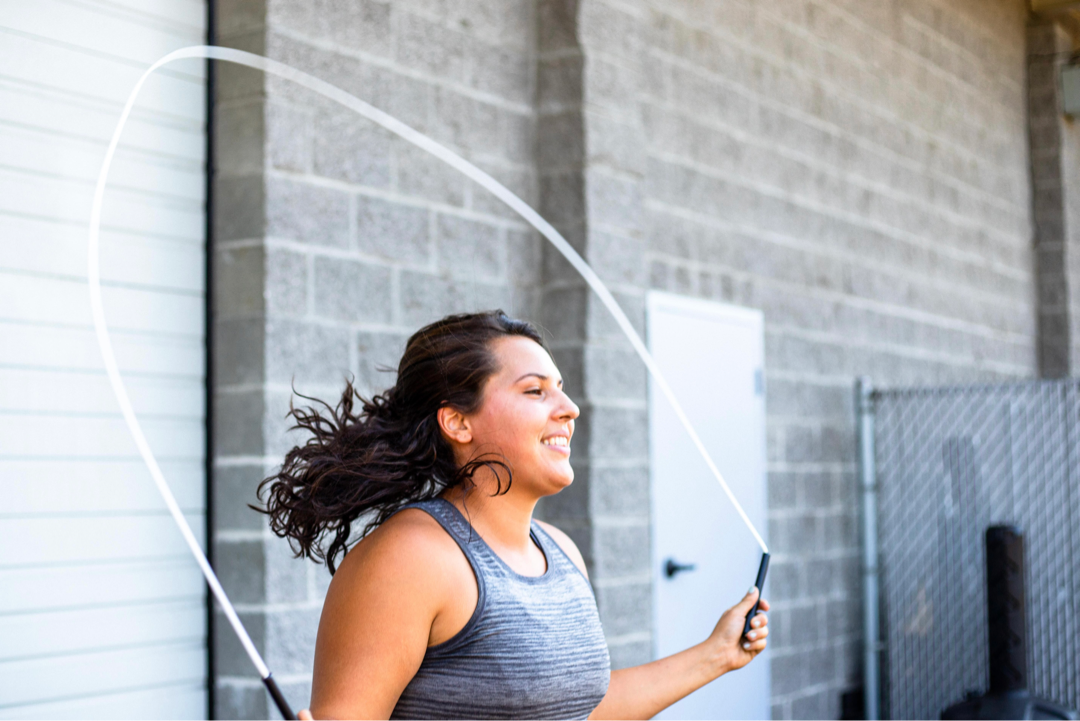THE VALUE & BEAUTY OF PLAY
You may think it's for the kids, but we at Dropgym disagree. Keep reading to learn how play can
Optimize joy, creativity, and strengthen the health of your relationships
Help you better manage stress and regulate your nervous system
Play a huge role in healing trauma
Somewhere along the way, between childhood and adolescence we left behind an essential part of us. It’s back there in the bookcases of our favorite novels, the giant tubs of legos, the pond, or the woods behind our family’s home. It was a part that we may have taken for granted- it was fantastical, expansive, present, intelligent, hopeful, creative, and… FUN. To our own detriment, as we mature, we often take on society’s unhelpful expectation to “grow up” fast and pursue more adult ventures. We begin to dissociate from whimsical play and trade in our most effective pre-programmed coping strategy for chasing the American Dream and getting ahead. And yet we are stressed out of our minds, overly-medicated, disconnected, overly worked, overweight and continuing to dismiss one of our body’s most powerful natural resources for rejuvenation and long term health. We love what Stuart Brown of the Institute for Play in Carmel Valley, Calif. has to say about this…
“Play is a basic human need as essential to our well-being as sleep, so when we’re low on play, our minds and bodies notice. Over time, play deprivation can reveal itself in certain patterns of behavior: We might get cranky, rigid, feel stuck in a rut or feel victimized by life. To benefit most from the rejuvenating benefits of play, we need to incorporate it into our everyday lives, not just wait for that two-week vacation every year.”
How many of us live that way? We work our butt off all year just to cash in on a couple weeks vacation hoping that it will pay the dues we owe to our body, mind and heart, and mitigate the stress we feel. But does it actually work?
We never outgrow our need to play. How we engage or disregard play forms our brain and body into adulthood, and if cultivated well, it can have a massive impact on helping manage the nervous system’s stress. The Vagus Nerve, as we often talk about, touches every single organ in our body, and play specifically improves the tone of the vagus nerve.
We all define play differently. If you went into a kindergarten classroom today, you would find a whole spectrum of completely different ideas of what play means- from cars, to building blocks, demolition zones, dress up, drawing, to make believe, and of course, DIRT! As adults, we actually need to play just as much as children do, but we have socially trained ourselves to not engage in behaviors we have decided are unnecessary. We call it frivolity, extravagance, childishness, however the science says not only is play transformative for emotional and physiological well-being, it is essential!
Biologically, we define Play as “excitation in safety.”
We must feel safe in order to create, dream, love, enjoy. It is imperative for our wellbeing that we find places of safety to experience joy. One of the most profound findings about Play is that it actually has a huge role in regulating the nervous system and healing trauma. We need safety in order for our body/mind to release and process trauma.
Our friend @repairing_the_nervous_system says that play is a blend of 2 states of the nervous system: “1- the sympathetic nervous system - this is the energy mobilizing, increasing metabolic output, and 2- the ventral branch of the vagus nerve and the social engagement system- which brings a feeling of safety and allows for connection.”
She goes on to say that “Play improves your emotional health as well as your psychological and physical well-being. Neural exercises like play are a powerful antidote to nervous system dysregulation and helping your nervous system recover from chronic and traumatic stress. They’re like doing bicep curls for your vagus nerve.” *We highly recommend following @repairing_the_nervous_system as an amazing source.
Play enables you to be more creative, can increase your energy, lower anxiety, and help you learn at a rate 6 times faster than without it! It takes you out of past-future thinking, and brings you quickly into the present and a state of enjoyment. Brown (quoted above) also states that research has shown that without play, adults are less curious, less imaginative and can lose a sense of joyful engagement in daily living.
It also has the unique ability to energize us, or calm us down, depending on what our system’s need. You can even mobilize and energize yourself with play without switching into fight-or-flight, while also being able to down-regulate with play if you are overly amped. This can help you stay out of survival mode and strengthen your mind-body connection. Because of Play’s unique ability to help us regulate- it can effectively help you get out of the “stuck” feeling many of us experience and increase a flexible, balanced, and thriving wellbeing.
An important note is that play is defined differently for every person. There is a vast and endless list of what could be considered “play”- what’s important is finding out how you individually access it, so that you can improve the quality of your life.
So - if play is so important for our bodies, brains, and hearts- how do we engage it more often?
Play’s powerful effect on regulating your nervous system can be experienced on a day to day basis. For the next 7 weeks we are going to be diving into the topic of PLAY- it’s effects on our nervous system, our body-mind connection, our capacity, and our fulfillment in life. Every monday we will post questions to engage this topic in your day, and if you are at the gym with us you will see movements and conversation including play. We would love to engage with you as we go on a discovery journey together- share with us in the comments on our social media and let us know how it is going! We hope to hear how engaging in play is adding to the quality of your powerful, beautiful, unique life.

